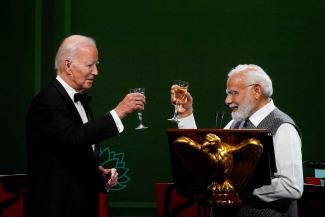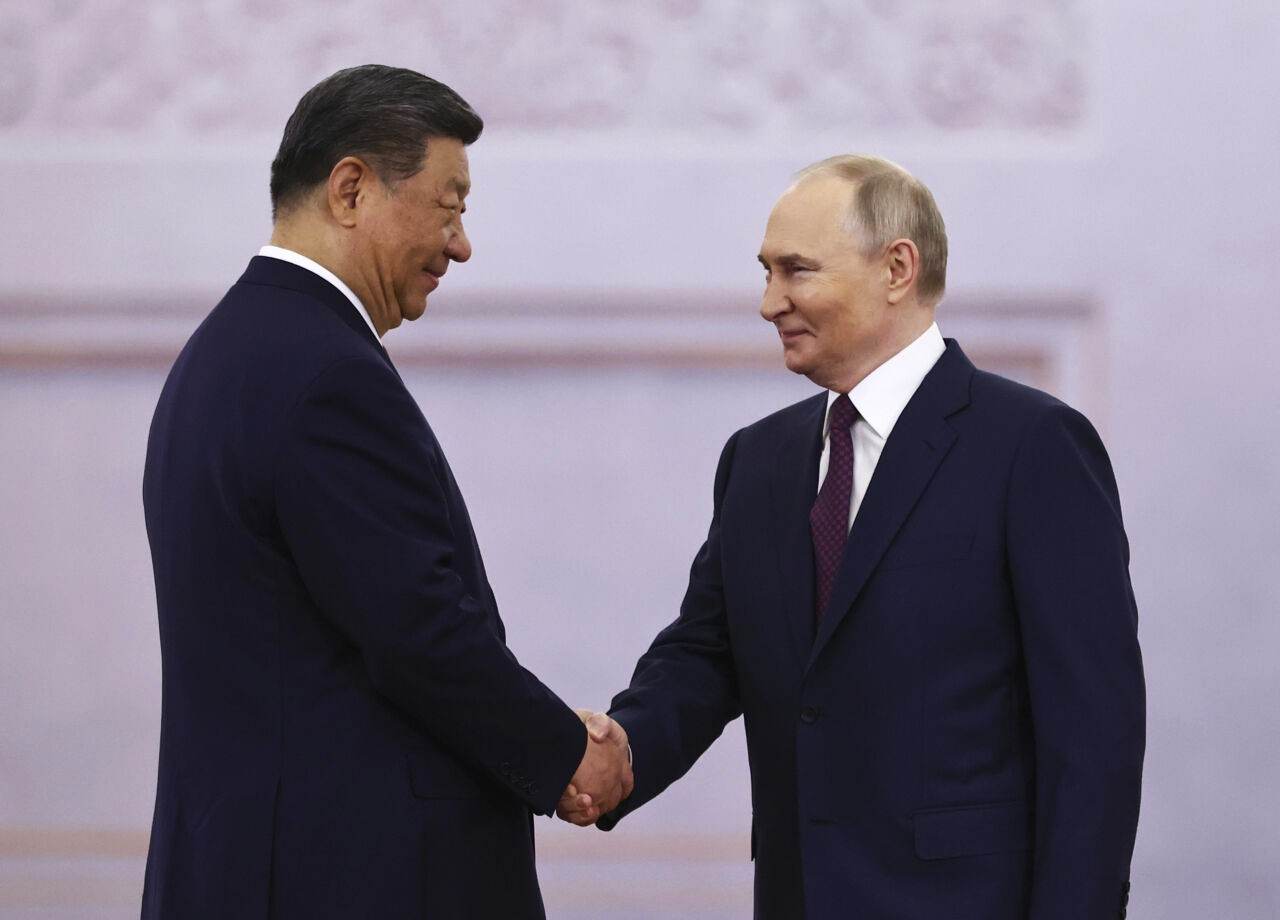Democracy
How the Modi government is undermining Indian democracy

In a recent Financial Times podcast, Stanford scholar Larry Diamond declared that India is no longer a democracy. He also said that the US Administration was wrong to consider Modi a partner when it comes to defending democratic principles internationally.
I agree. Indeed, I have made a similar case on this platform some weeks ago. Since then, there have been additional instances of the Modi government entrenching its authoritarian approach to governance more deeply, and sometimes even involving international partners in such attempts.
G20 meeting in Kashmir
For example, the government hosted a meeting of G20 tourism ministers in Kashmir. This region used to be one of Indian states, enjoying an even stronger degree of autonomy than other states such as Maharashtra or West Bengal. Modi, however, subordinated this predominantly Muslim area to the control of the central government. Internet access has been limited, and so have other civil liberties. Hosting an international meeting in Kashmir was an attempt to gain international legitimacy. It also served to show the local people who is in control.
Mainstream media have largely caved to Modi, and private TV channels in particular keep celebrating him as a “strong”, “determined” and “patriotic” hero. His spin doctors want to convey the image of the hyper-masculine person who is turning India into a world leader. He does not permit journalists to hold him to account in serious press conferences. Outright propaganda movies, in the meantime, demonise India’s large Muslim minority. Examples include The Kerala Story, The Kashmir Files or 72 Hoorain.
Celebrating Hindu-supremacism
It fits the disinformation pattern that the Mughal era is currently being erased from schoolbooks. At the same time, wall decorations in New Delhi’s new parliament building include a giant map of “Akhand Bharat” (“undivided India”). It shows the Asoka Empire which spanned the subcontinent from Afghanistan to Bangladesh more than 2000 years ago. Neighbouring governments were appalled, reading the map as Modi’s claim to regional hegemony. Indian officials’ declaration that it was only a historical map hardly changed their reading of what is going on.
It was striking, moreover, that Modi had the new parliament building inaugurated on the birth anniversary of Vinayak Damodar Savarkar, the ideologue who started the Hindu-supremacist movement in India. His thinking inspired Nathuram Godse, who murdered Mahatma Gandhi, the father of the nation, in 1948. Modi’s party, the BJP, belongs to the religious-authoritarian network Savarkar launched in the 1920s. Savarkar’s followers did not support the independence struggle. Even today, Hindu supremacists resent the fact that India is a multi-faith nation with secular constitution. Under Modi’s leadership, they are doing their best to change the institutional order.
Muslims are being lynched with impunity in India, moreover. In most cases, the victims are suspected of having killed cattle which is banned in many Indian states. Hindus consider cows to be sacred animals, and self-appointed vigilantes increasingly feel free to execute people they accuse of hurting their religious feelings. They are not reined in by Modi or other BJP leaders. Hindu-supremacist mobs, moreover, occasionally attack Mosques of Muslim communities. In the towns of Nuh and Gurgaon (Gurugram), several people were killed in late July/early August in such contexts.
Silencing the opposition
In judicial shenanigans, the Modi government recently managed to have Congress leader Rahul Gandhi removed from Parliament because he had implied in a speech that “all thieves are named Modi”. The BJP clearly hoped he would be barred from running in the general elections next year, but the Supreme Court recently suspended the lower court’s judgment. Long considered a lightweight, the Congress leader had actually gained new popular approval in a long series of popular marches across the nation.
Increasingly, however, people questioning the current political atmosphere are put behind bars without trial. Many are denied even basic amenities in jail. The Catholic priest Stan Swamy, who suffered from Parkinson’s disease, died in detention as an undertrial in 2021. His case showed that not only Muslims suffer under Hindu-supremacist rule.
Of 180 countries assessed, India ranks 161st in terms of Press Freedom according to Reporters Without Borders. The international non-governmental organisation declares: “The violence against journalists, the politically partisan media and the concentration of media ownership all demonstrate that press freedom is in crisis in ‘the world’s largest democracy’, ruled since 2014 by Prime Minister Narendra Modi.”
Geostrategic concerns
We live in a polarised world. The USA and other western countries need partners in their competition with China. It makes sense for them to cooperate with India. However, that does not give them permission to celebrate Modi as a democratic leader. They mustn’t forget, moreover, that there is a strong sense of hostility between Delhi and Beijing, so they should have enough common ground to make deals with Modi without flattering him hypocritically. They should also keep in mind that Modi’s ideology is not geared to international partnerships. It claims world leadership for his idea of Hinduism.
Suparna Banerjee is a Frankfurt-based political scientist.
mail.suparnabanerjee@gmail.com














